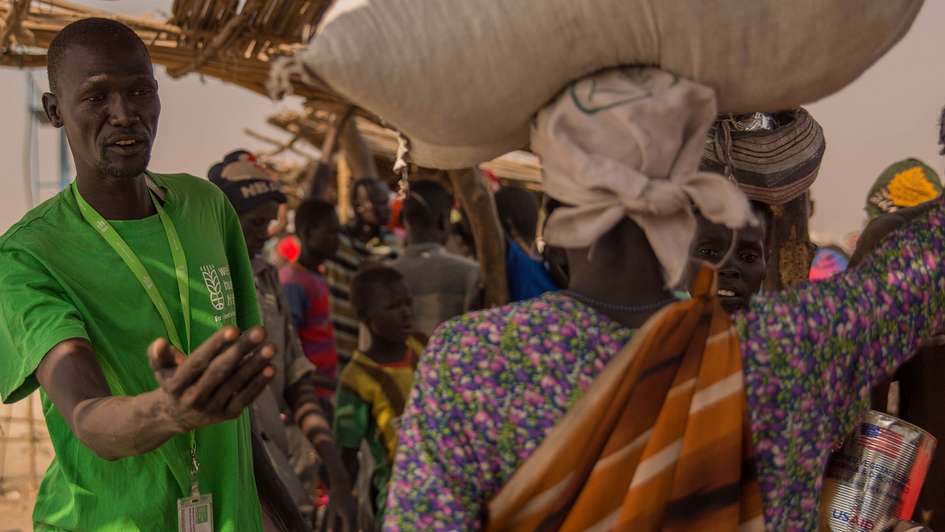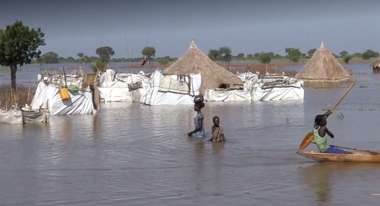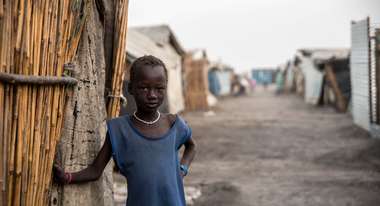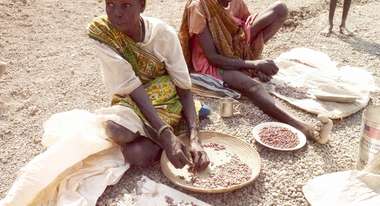There Is a Lack of Political Solutions
World Humanitarian Day: Welthungerhilfe calls for stronger political commitment of the international community to end humanitarian crises.

On the occasion of World Humanitarian Day on 19th August, Welthungerhilfe calls for a stronger political commitment from the international community to end humanitarian crises such as those in Syria, Yemen and South Sudan. According to the United Nations, the need for humanitarian assistance has doubled since 2012, to nearly 20 billion US dollars. At the same time the number of attacks on humanitarian workers has increased – in 2016 alone 101 humanitarian workers died around the world.
“80 percent of humanitarian assistance now takes place in war and conflict regions. However, political solutions are needed to save lives and improve living conditions on a sustainable basis. We can distribute food, tents or drinking water, but peace and stability can only be achieved through political processes” stresses Till Wahnbaeck, CEO of Welthungerhilfe.
The 19th of August is World Humanitarian Day, which honours the commitment of humanitarian workers, and raises awareness of the daily threat that they face. It commemorates the victims of the attack on the UN headquarters in Baghdad on 19th August 2003, in which 22 people died.
Welthungerhilfe is one of the largest private aid organisations in Germany and enjoys both political and religious independence. It is fighting for “Zero Hunger by 2030”. Since being founded in 1962, it has provided funding of EUR 3.53 billion for more than 8,900 overseas projects in 70 countries. Welthungerhilfe bases its efforts on the principle of empowering people to help themselves, which it implements with measures ranging from rapid disaster relief to rehabilitation to long-term development cooperation projects with national and international partner organisations.







